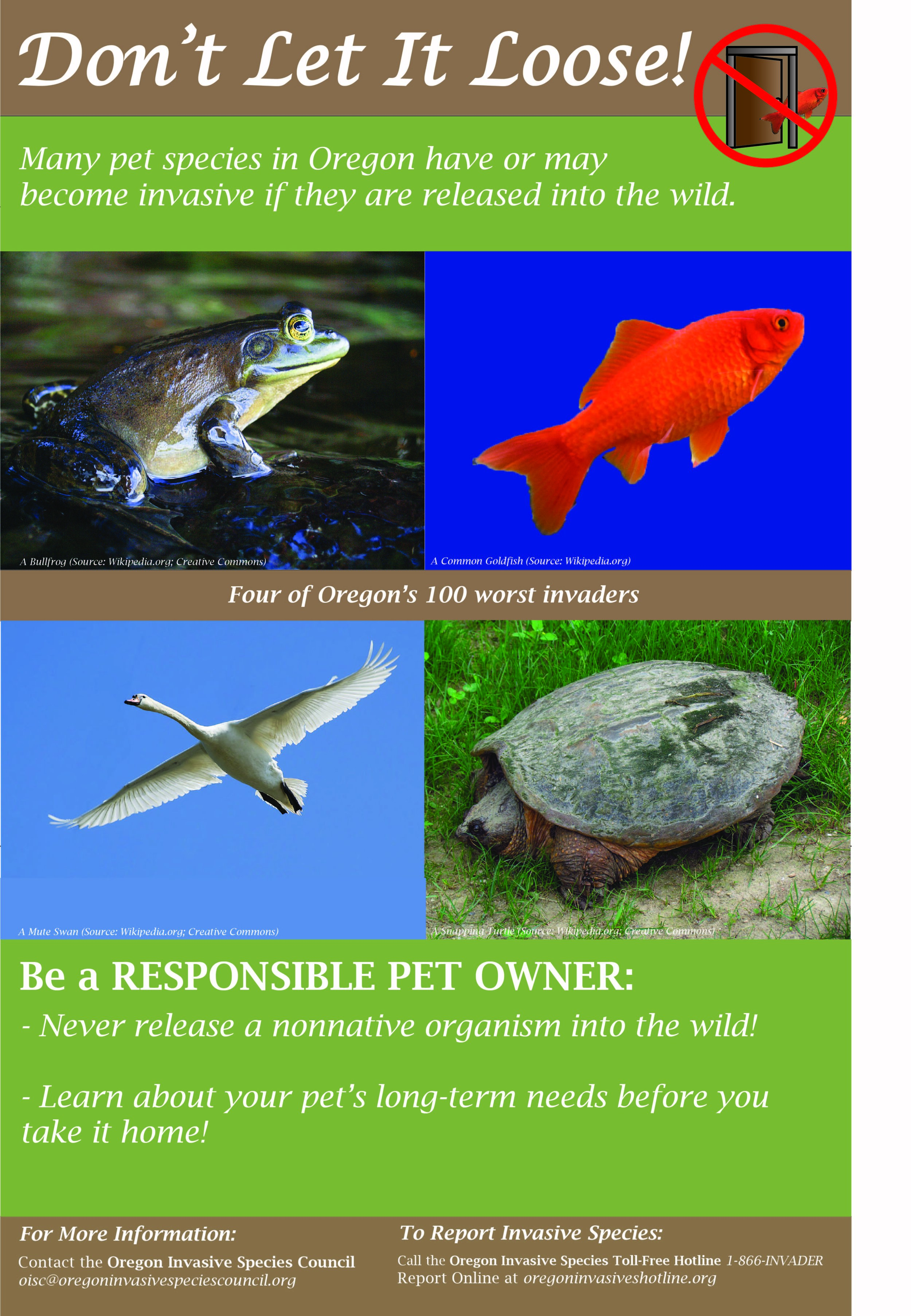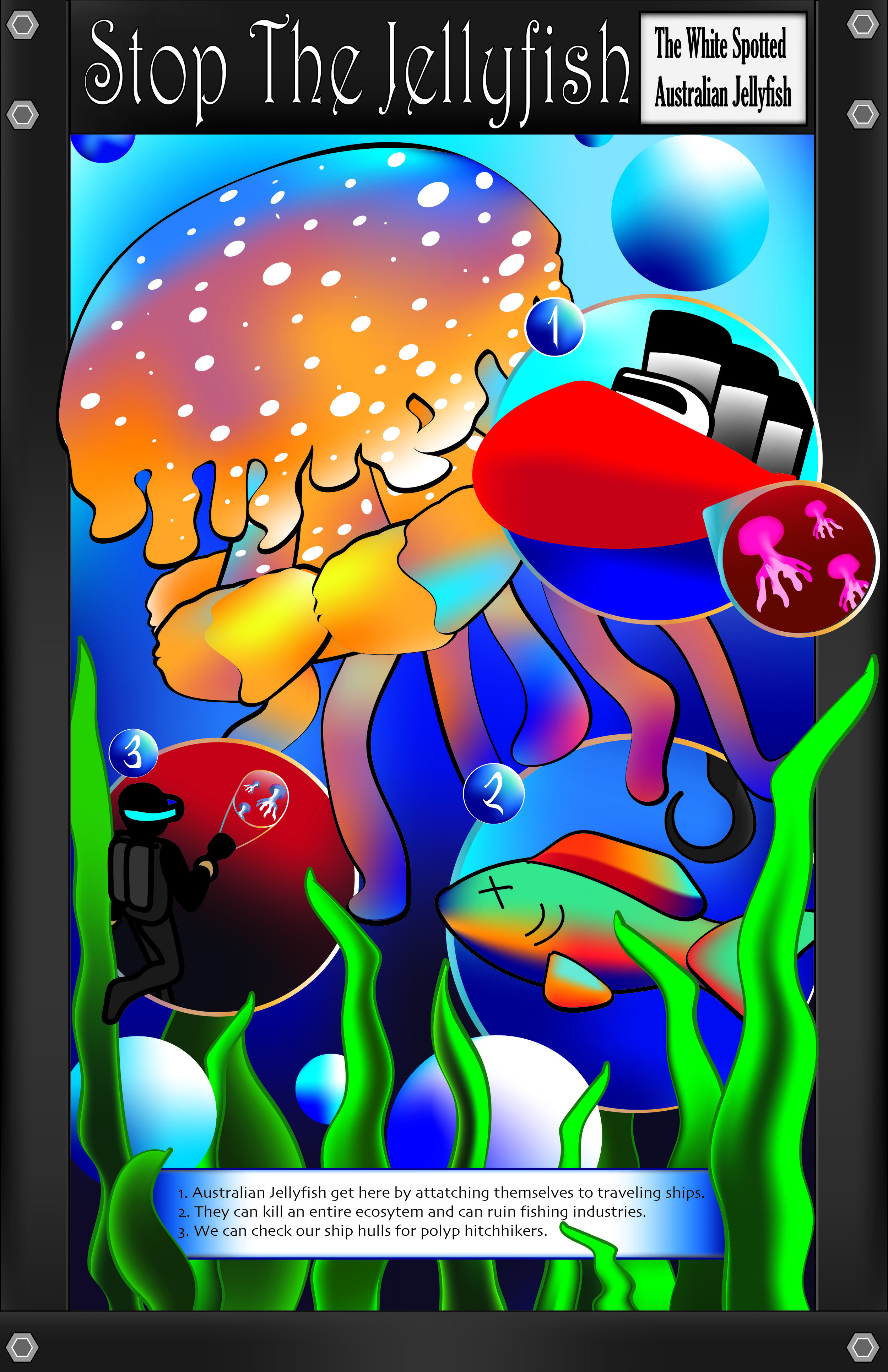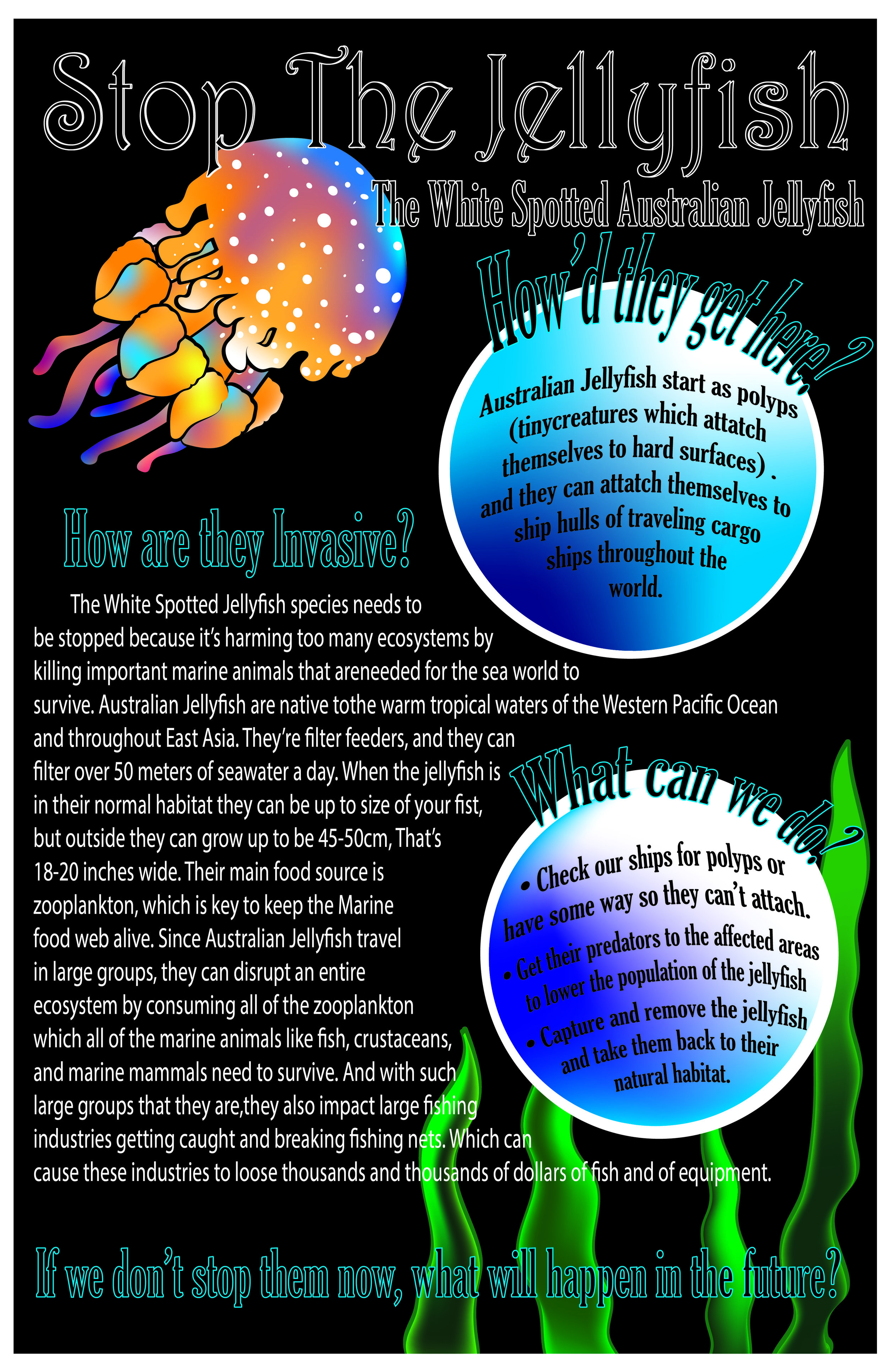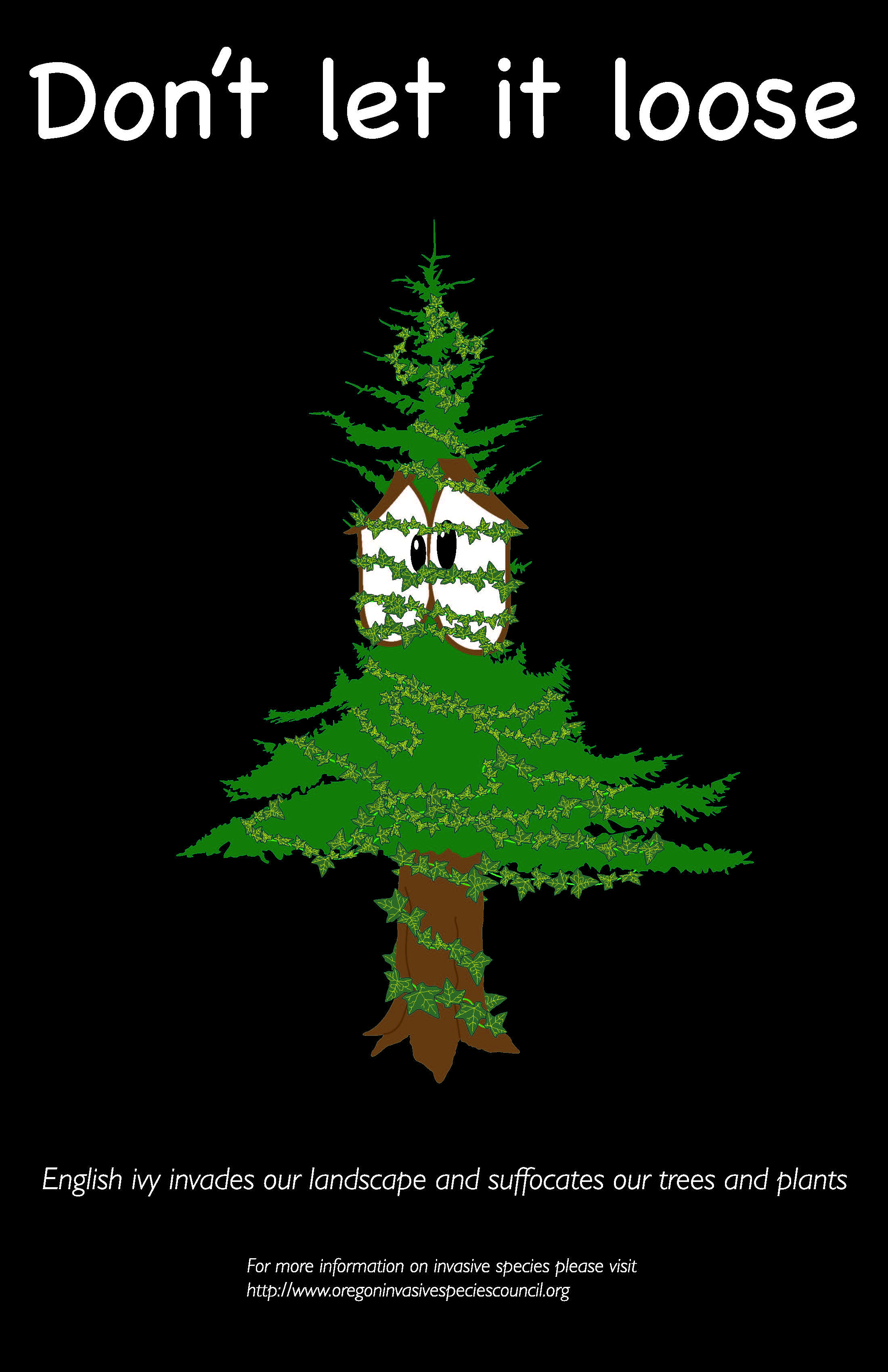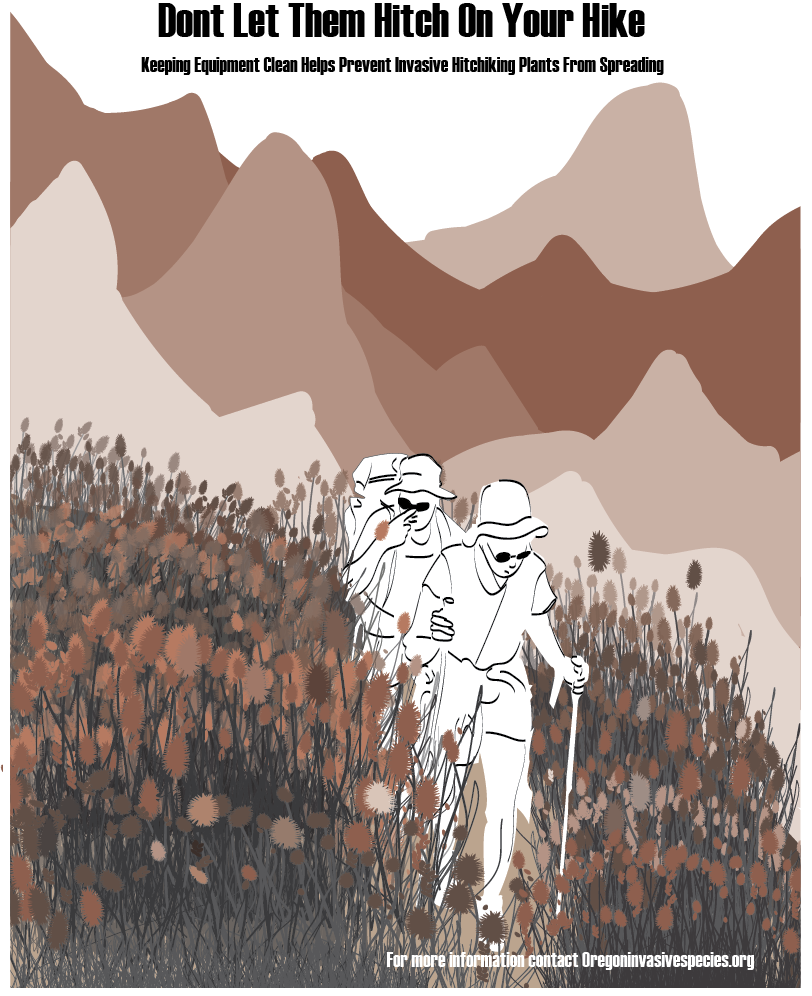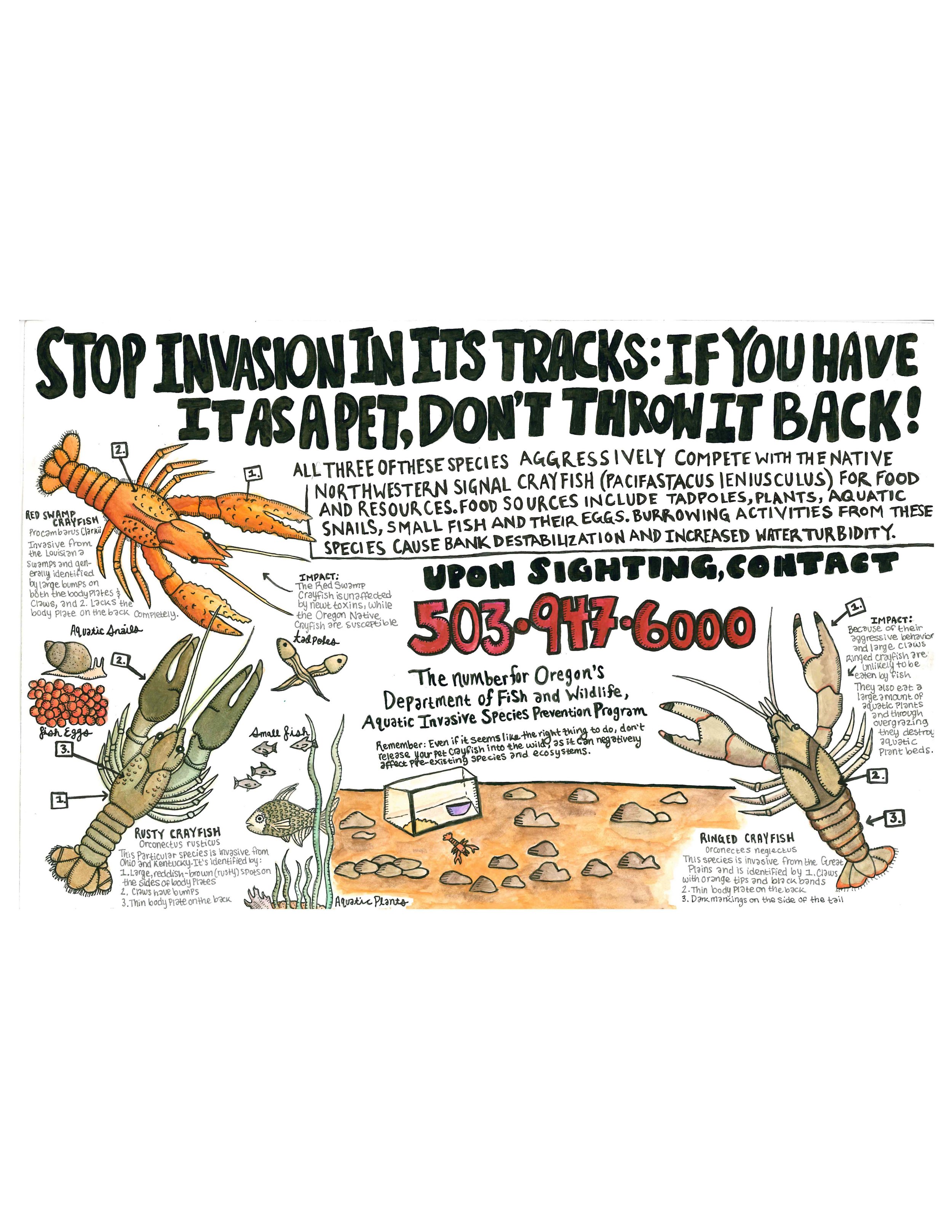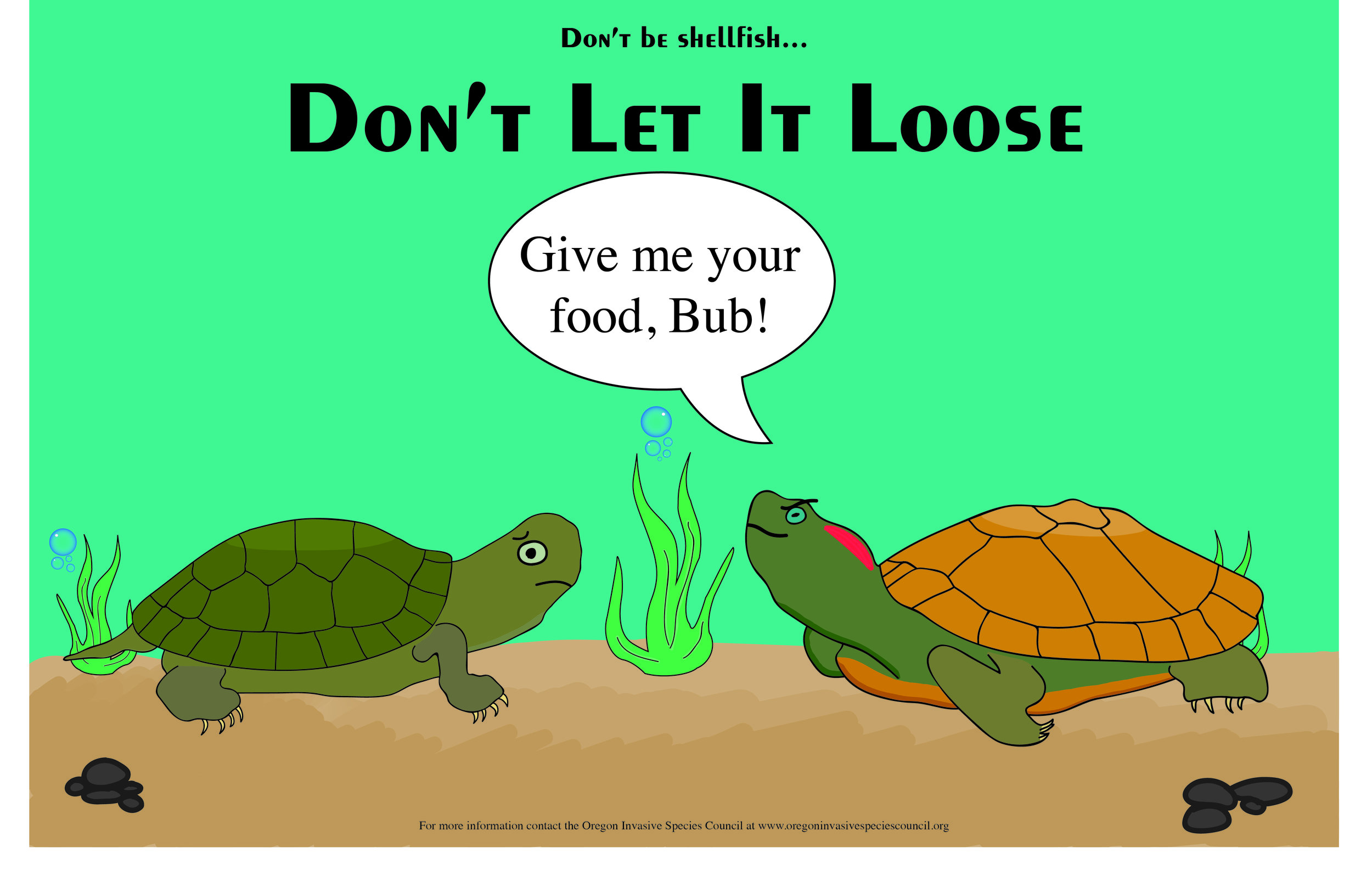Don't Let it Loose!
THINK TWICE BEFORE YOU BUY A PET -- AND NEVER RELEASE THEM INTO THE WILD
Species sold by local and online pet stores are not native to Oregon so it is important that you do not release these plants and animals into the environment. Many can survive and reproduce, becoming invasive quickly and displacing our native fish, wildlife, and plant species. If you have a pet that you no longer can care for, contact your local pet store, veterinary clinic or licensed wildlife rehabilitation facility, or contact the Oregon Department of Fish and Wildlife at (503) 947-6301 or odfw.info@state.or.us. You can also visit the Don’t Let it Loose website to learn more.
THE OREGON DEPARTMENT OF FISH & WILDLIFE’S (ODFW) INVASIVE SPECIES COORDINATOR, RICK BOATNER, HOLDS UP A BABY RED-EARED SLIDER ON THE RIGHT, AND A FULL-GROWN ADULT ON THE LEFT, TO ILLUSTRATE JUST HOW BIG THESE CUTE and once little TURTLES CAN GET. NOT TO MENTION THE FACT THEY CAN LIVE UP TO 50 YEARS IN CAPTIVITY. PHOTO FROM ODFW.
There are Alternatives to Releasing Animals and Plants into the Wild
Alternatives to Releasing a Pet
Take your pet to a shelter, sanctuary, humane society, animal refuge and see if they will take it.
See if a friend or someone else would be willing to adopt your pet.
Use an adoption pledge form where students volunteer to take home the pet, with the understanding of invasive species, promising to not release it into the wild.
Contact the place where you purchased the animal to see if they will take it back.
Contact local science centers, zoos or aquariums to see if they can use the animal for educational purposes.
Dry and freeze unwanted aquatic plant material and add it to non-composted trash.
Have a qualified veterinarian euthanize the animal in a humane manner (last resort).
Actions individuals can take to prevent invasive species
Don't lose your pet!
Educate friends, family, students, teachers, etc.
Get involved by volunteering!
Don't let your pet loose!
Report sightings of invasive species to 1-866-INVADER.
Don't Let it Loose Resources
Don't Let it Loose (DLIL) Resources & Activities
"Exotic" Pet Word Search
Bullfrog Maze Craze
Responsible Pet Owner Rack Card
The National Invasive Species Council | Training and Implementation Guide for Pathway Definition, Risk Analysis and Risk Prioritization
Aquatic Nuisance Species (AIS) Task Force | Voluntary Guidelines to Prevent the Introduction and Spread of AIS: Recreational Activities
Additional Don't Let it Loose (DLIL) Resources for Teachers
National Park Service | DLIL Curriculum
DLIL Invasive Species Activity Sheet
Adopting a Classroom Animal Pledge Form (English)
Adopting a Classroom Animal Pledge Form (Spanish)
Classroom Guidelines for Preventing AIS (English)
Youth Aquarium Poster Activity for Grades 3-5
Don't Let It Loose High School Media Contest
OISC's first high school media contest was held in 2015. Participants were asked to create a poster for the Don't Let It Loose campaign. The following posters were some of the many creative and educational entries submitted by students!
Watch the video for the winner of the multimedia at the Watershed and Invasive Species Education Program Facebook page by clicking the picture below:
Check out some of the many posters that were created for the contest:
Adapted student posters PDFs linked in pictures below:
If you have specific questions, please contact Rick Boatner (rick.j.boatner@state.or.us) at the Oregon Department of Fish & Wildlife (ODFW).




